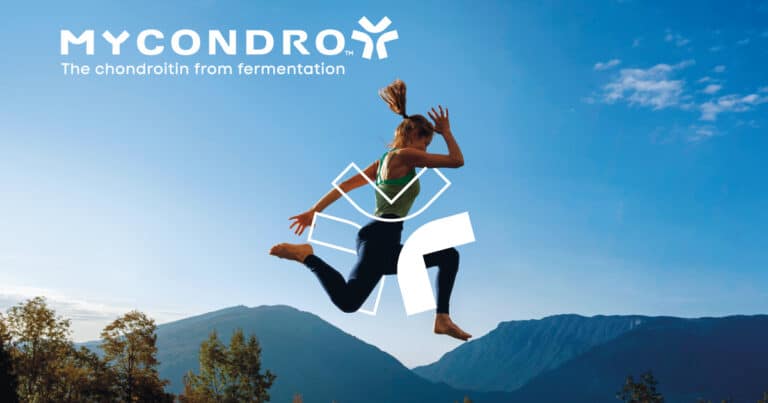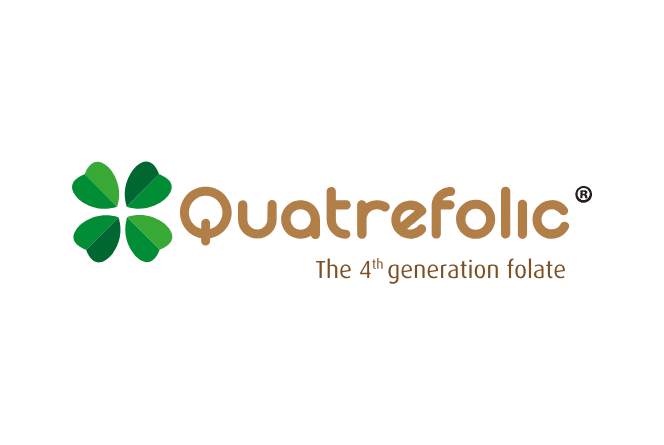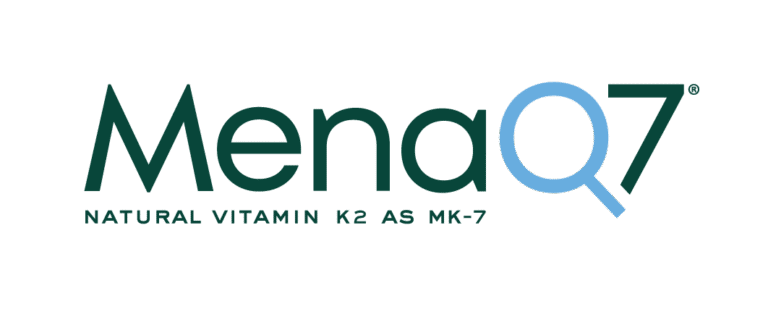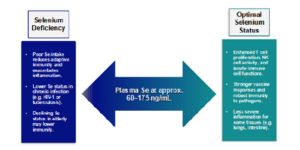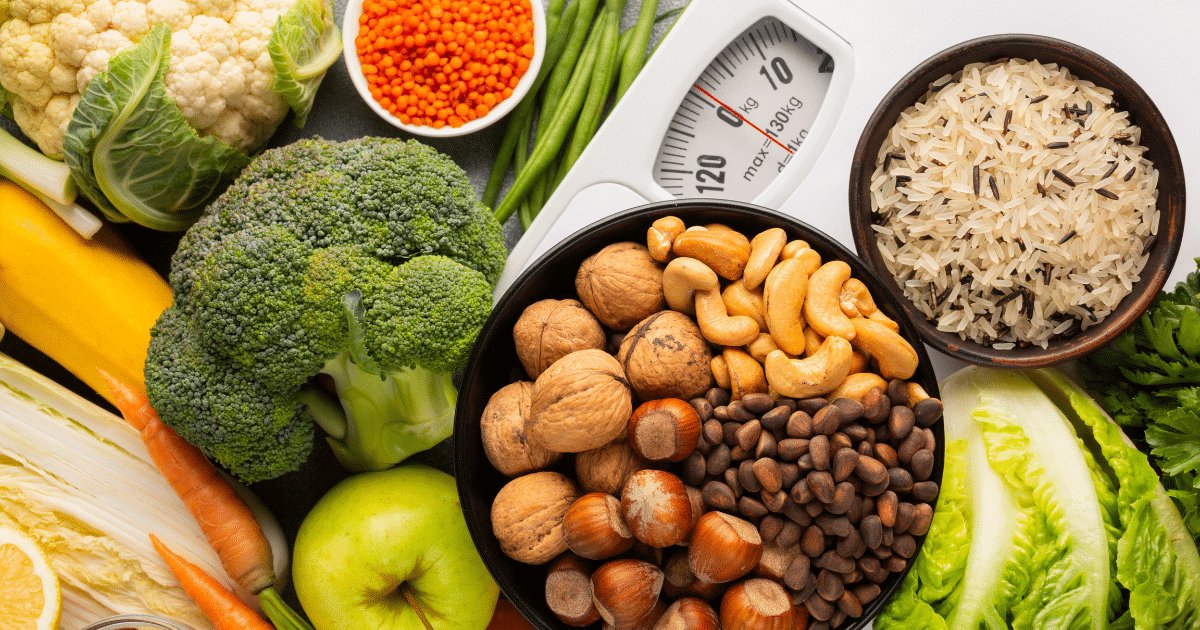Selenium in Nature
Natural selenium present in one’s soil can vary drastically from country to country (Figure 1)2. Therefore, selenium deficiencies can be frequently observed in many areas of the globe. This in turn can influence the immune system in adults, affect the development of the immune system in children and lead to immune deficiencies in adolescents. Most of our selenium intake comes from food (soil, water, and livestock)3.
Research shows that selenium deficiency is rare in the USA and Canada but is much more common in many regions of China, New Zealand, Europe, and Russia where selenium levels are low in the soil and food4.
Figure 1. Selenium concentrations in serum plasma of healthy adults worldwide
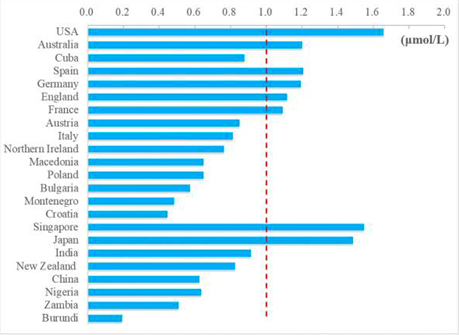
Lynside® Forte Se+ and Selenium
Lynside® Forte Se+ is an organically bound nutritional yeast that is fortified with selenium, a nutrient used for immunity and antioxidant properties.
During the fermentation process of Lynside® Forte Se, selenium is fully integrated by the yeast, becoming selenomethionine – the most bioavailable source of selenium.
